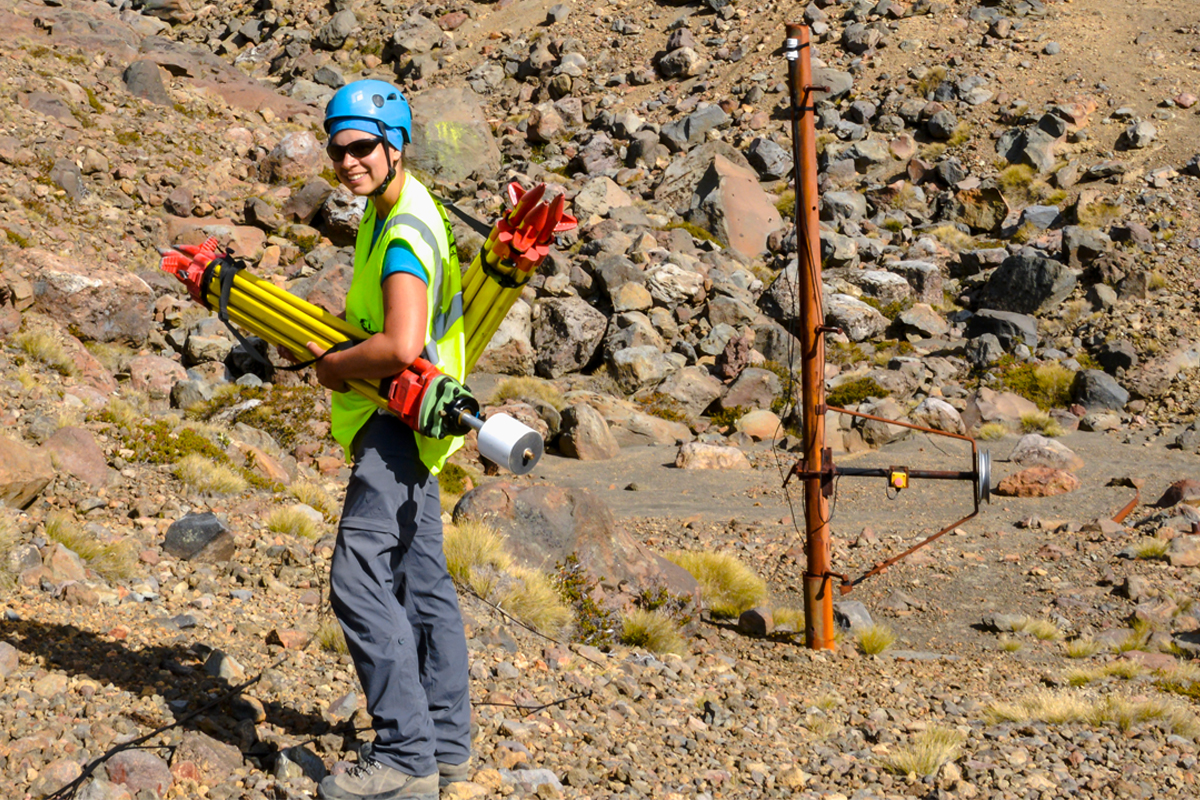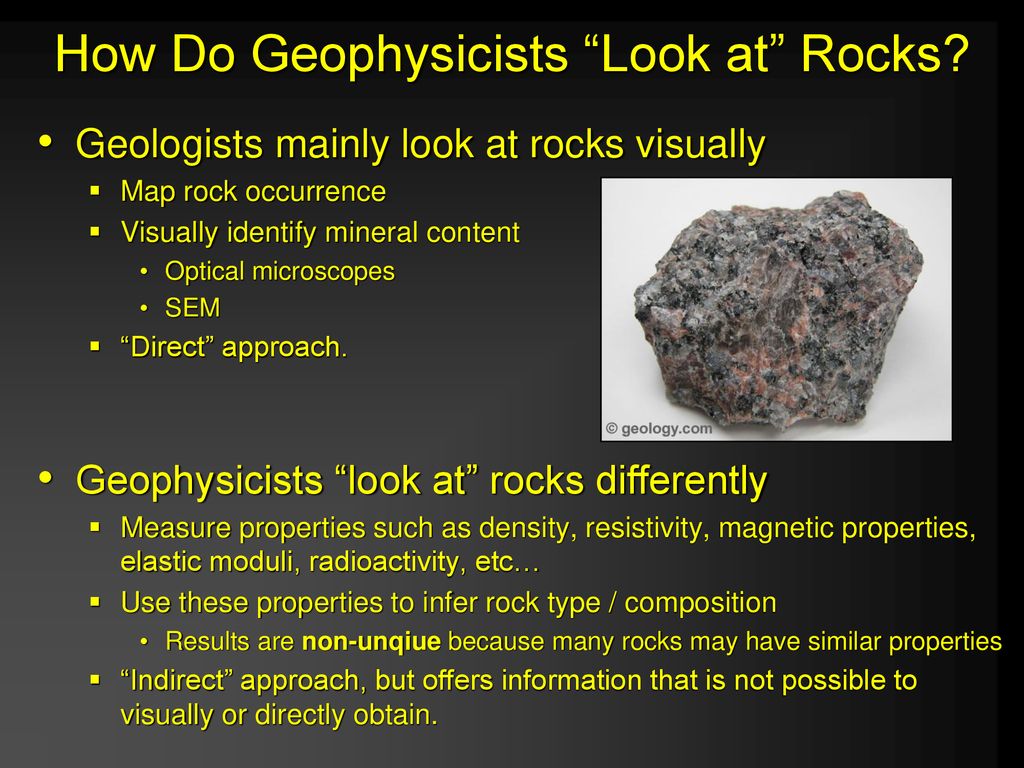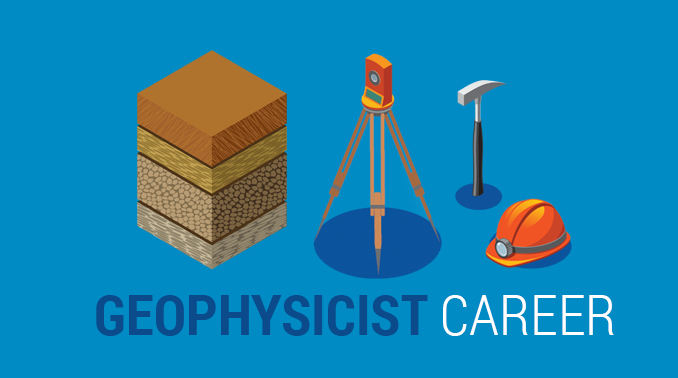All Categories
Featured
Table of Contents
Geophysical Surveying - Methods And Applications in Rivervale Oz 2021
This work is progressively contracted out, so consultancies offer another source of employment. Consultancy firms differ in size, from very little business to large multinationals. Some consultancies are rather specialised in utilizing specific geophysical strategies or operating in particular areas, while others offer a more diverse range of services to their clients.
The extraction of gas from land fill websites is another location of employment and this may grow in the future. Expedition business may undertake work for building and construction firms, public utility, mining business and ecological agencies, so geophysicists may be employed in any of these settings. Other companies include: geological surveysgovernment bodies and agenciesuniversities and research study institutes.


Vacancies might be noted in the oil and gas sector press. Recruitment is affected by oil rate variations and the level of competition for positions varies depending on this. Professions Days, which cover the complete range of geoscience professions and are typically gone to by a variety of key industry companies, are run by The Geological Society.
How A Geophysical Survey Is Crucial To Offshore Wind Farm ... in Casaurina Western Australia 2022
A few of the big oil and gas companies provide a complete two-year structured training program throughout the breadth of geophysics, including the opportunity to experience work in various groups before specialising in one location. Your training may consist of work on: existing wellsmagnetic and gravitational potential field information analysisresearchrock analysis. However, it's more usual for your initial training to be offered on the task.

There may be a probationary duration during which you work alongside an experienced associate. Competency-based appraisals occur regularly in many firms. In smaller firms, and for academic posts, there is unlikely to be any official training - you'll be expected to start work straightaway and choose up abilities as you go along.
If you work for a smaller business, you may find that you require to take duty for setting up and funding your own development and training. If you have a geology degree, subscription of The Geological Society can be useful for networking and for keeping up to date with the market.
Your Degree In Geophysics in Kewdale Western Australia 2021
You might also find it helpful to sign up with the PESGB (The Petroleum Expedition Society of Great Britain, which has a geophysics unique interest group. After a probationary duration, and as soon as you have actually acquired some experience, you might progress to senior geophysicist, then group leader and then into a senior role in management.
The ease of motion in between roles depends on the business structure. Study at Masters or Ph, D level in a subject associated to geophysics or geosciences might assist with your profession development and development. The employment market within the oil and gas industry is very based on cost and this might impact your opportunities for career progression.
For experienced geophysicists, freelance consultancy uses a good route for profession development. As a geophysicist, you're likely to have several jobs throughout your working life.
Airborne Geophysical Methods in Cooloongu Oz 2023
From geophysics, it's possible to focus on seismology (completing more training to become a seismic interpreter) or to move into related areas such as engineering geology or threat forecast.
Choosing what to study in college is a hard option. Even if you understand that your field of interest lies in science, what program of study is right for you?
The very first action to accomplishing your objective of ending up being a geophysicist is making a degree. Even for entry-level positions in the field of geoscience, you'll need a bachelor's degree (a geophysicist college degree) from an accredited college or university. Geophysicists need to be able to: evaluate rocks, pictures, and other pieces of data perform research both in the field and in laboratories produce maps and charts of their findings write reports To achieve all this, trainees require a specialized education for geophysicist careers.
As specified above, you'll need a bachelor's degree in geoscience or an associated discipline, such as a physical science or a life sciences, to land an entry-level job. But students can also prepare by learning subjects like: Biology Chemistry Computer technology Engineering Mathematics Physics The above geophysicist majors offer a more generalized approach to a single scientific discipline, but the majority of programs require students to take several geology course.
Latest Posts
Geophysical Surveys: Definition & Methods in Forrestdale Oz 2020
Geophysics in Spearwood Australia 2022
Geophysical Survey in Kinross Oz 2022